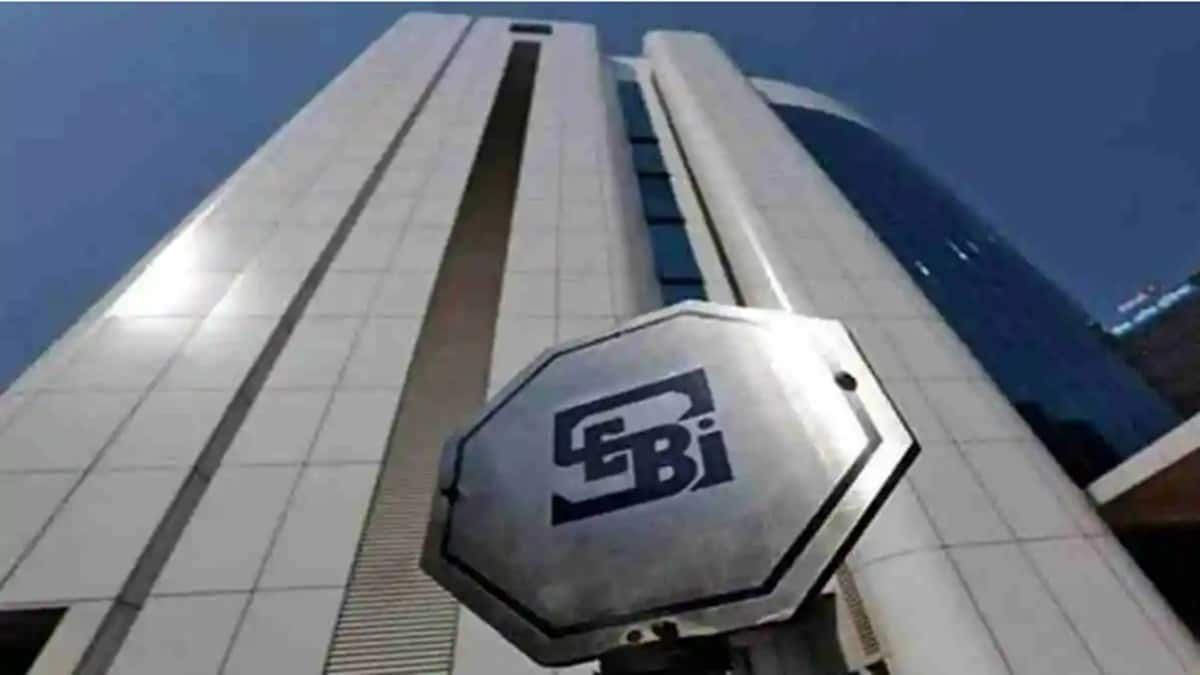Top i-banks under Sebi lens over possible disclosure lapses
The Securities and Exchange Board of India (Sebi) has initiated inspections of top investment banks on past deals spanning initial public offerings, qualified institutional placements, rights issues and offers for sale, said three people familiar with the matter.
The inspections are being carried out by the capital markets regulator’s surveillance teams and encompass a granular check on disclosures and due diligence on past deals, especially with regard to issue objectives, capital structure and litigation.
Also read: S&P 500 companies earnings growth in the next quarter to be in focus from now on
“The inspections began about a month back and will cover several of the top i-banks. The aim is to ascertain if regulations governing merchant banking activity have been adhered to or not,” said a senior banker.
At the time of filing, lead managers have to certify that the disclosures made in the offer document are generally adequate and in conformity with Sebi regulations for disclosures and investor protection. Sebi, however, reserves the right to take up, at any point of time, any irregularities or lapses in the offer document with the managers. Also, the filing of offer documents does not absolve the company from any liabilities under section 34 of the Companies Act, 2013.
“Three to four surveillance officers are being deployed at banker premises for 2-3 days for deals going as far back as five years or more,” said another person familiar with the matter. “Sebi is taking a closer look at disclosures that were given, the kind of due diligence that was done and the back-up, or supporting documents, provided during the deals.”
The regulator may or may not give a heads-up to the banker for the inspection of a particular deal. The banker has to give live responses to the extent possible. In some cases, bankers have to reach out to the company for clarification or back-up documents, said the person quoted above.
The inspections can result in warning letters being issued to bankers, penalties or even show-cause notices. In case of gross negligence or wilful misconduct, the regulator can cancel the registration certificate of the investment banks.
In 2016, for instance, Edelweiss Financial Services, SBI Capital Markets and Axis Capital were fined `1 crore each for non-disclosure of important facts in the 2010 IPO prospectus of Electrosteel Steels.
Also read: Our growth in FY23 will be 30% higher than last year: Sanjay Dutt, MD and CEO, Tata Realty & Infastructure
“While inspections have happened in the past, the process was more ad-hoc. Sebi seems to be trying to make the process far more stringent and formalise it similar to RBI’s inspection of banks. You may see a lot more show-cause notices being issued this time around, and not just warning letters,” said a third person.
An email sent to Sebi did not immediately get a response.
The Banking Regulation Act, 1949, empowers the RBI to inspect and supervise commercial banks. These powers are exercised through on-site inspection and off-site surveillance. On-site inspection of banks is carried out annually.
Sebi had recently carried out a few inspections at offices of alternative investment funds to examine whether the funds complied with portfolio concentration norms and timely disclosures to investors, among other things.
